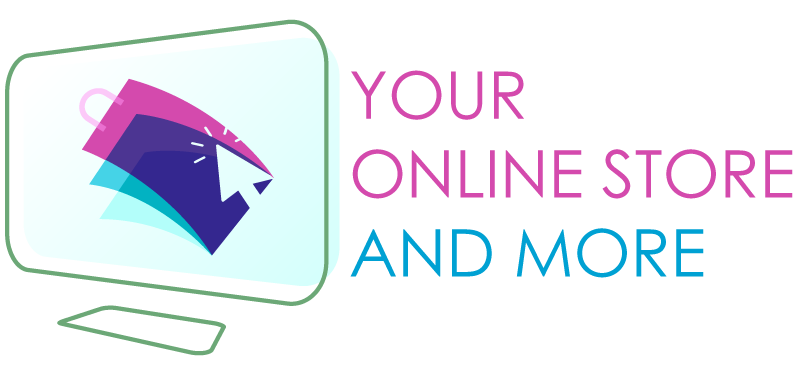Learning a new language can be a challenging and rewarding experience. Whether you’re interested in traveling, working abroad, or simply expanding your cultural horizons, the ability to speak another language is a valuable skill. While there are many ways to learn a language, reading is one of the most effective methods. In this article, we’ll explore the benefits of reading for learning a new language.
Firstly, reading allows you to learn at your own pace. When you’re just starting, it can be difficult to keep up with the pace of a conversation or a class. However, reading provides an opportunity to slow down and take your time to understand the language. You can read at your own pace, re-read passages that you don’t understand, and take notes on new vocabulary.
Secondly, reading exposes you to authentic language. Unlike textbooks and language learning materials, which often use simplified language, reading provides a window into how native speakers use the language. Reading books, articles, and other materials in the language you’re learning will help you to understand the nuances of the language, including idioms, expressions, and cultural references.
Thirdly, reading helps you to build your vocabulary. Every time you read, you encounter new words and phrases. Even if you don’t understand every word, you can usually infer the meaning from the context. As you encounter new words, it’s important to make note of them and practice using them in sentences. The more you read, the more your vocabulary will grow.
Fourthly, reading improves your comprehension skills. When you read in a new language, you’re forced to actively engage with the text. You have to pay attention to the meaning of each word, the order of the words in the sentence, and the overall structure of the text. This helps to improve your comprehension skills and your ability to understand the language as a whole.
Fifthly, reading is a fun and engaging way to learn a language. Unlike traditional language learning methods, which can be dry and boring, reading provides an opportunity to engage with interesting and entertaining material. You can choose books and articles on topics that interest you, and you’ll be more motivated to learn when you’re enjoying the process.
Finally, reading can be done anytime, anywhere. Unlike attending classes or finding a language exchange partner, reading can be done on your schedule. You can read on your commute, during your lunch break, or before bed. This flexibility makes it easier to fit language learning into your daily routine.
In conclusion, reading is a valuable tool for learning a new language. It allows you to learn at your own pace, exposes you to authentic language, helps you to build your vocabulary, improves your comprehension skills, is fun and engaging, and can be done anytime, anywhere. Whether you’re just starting or you’re an advanced learner, reading is an essential part of the language learning process.
